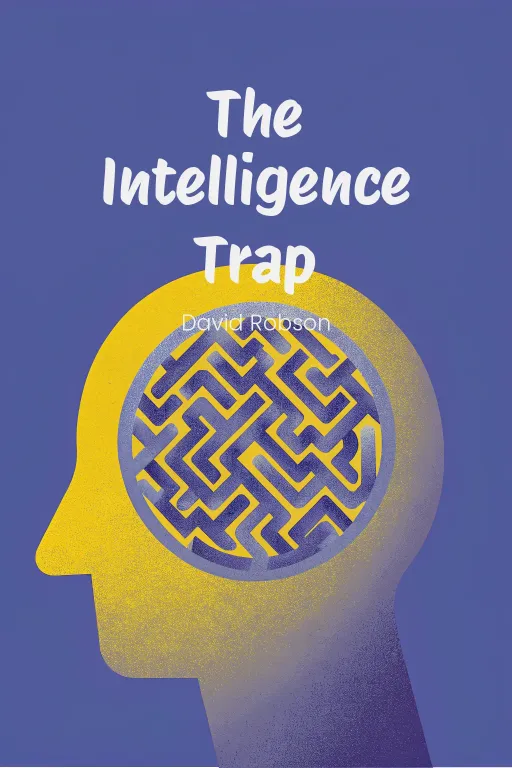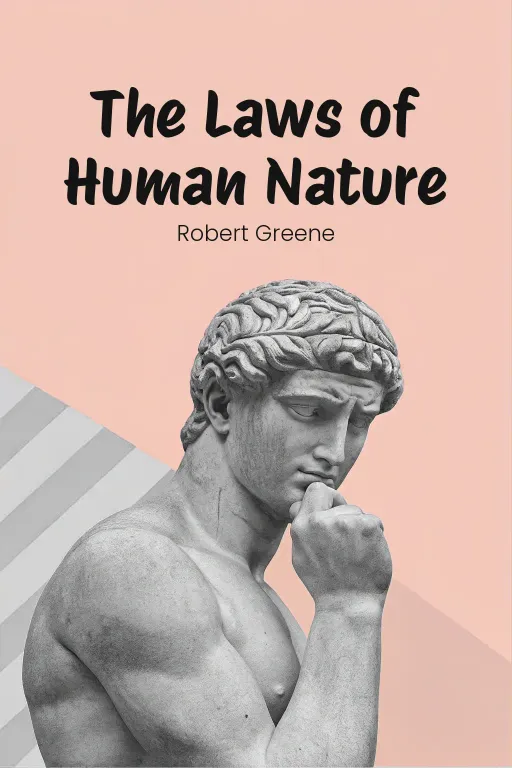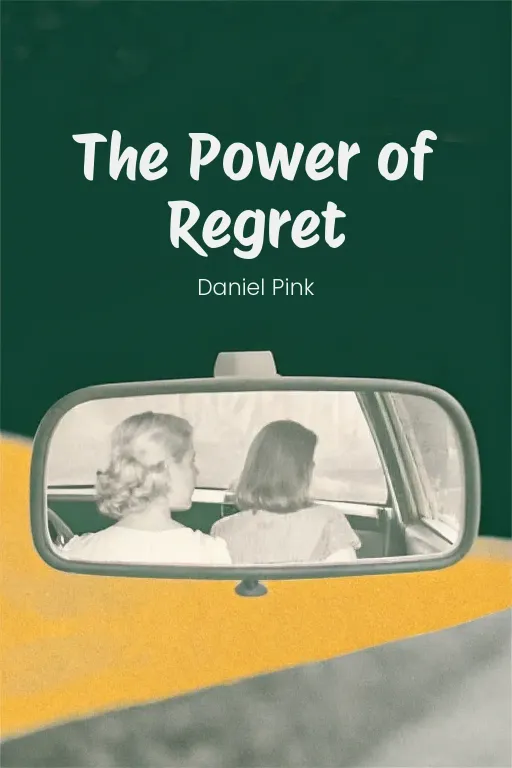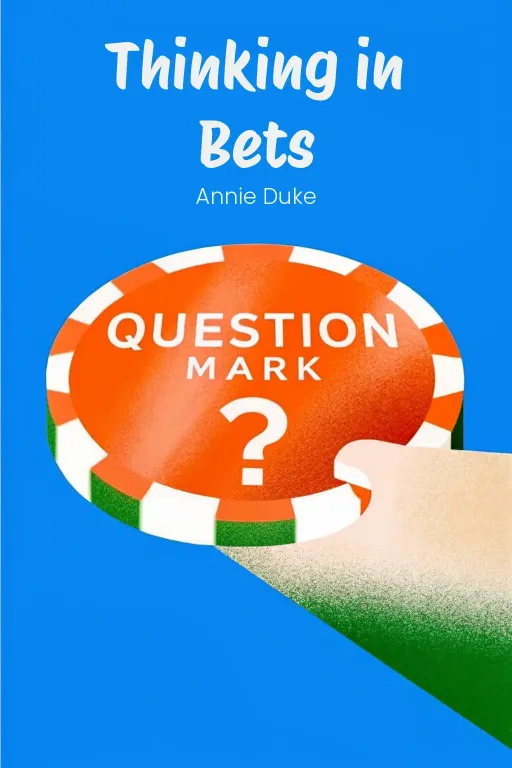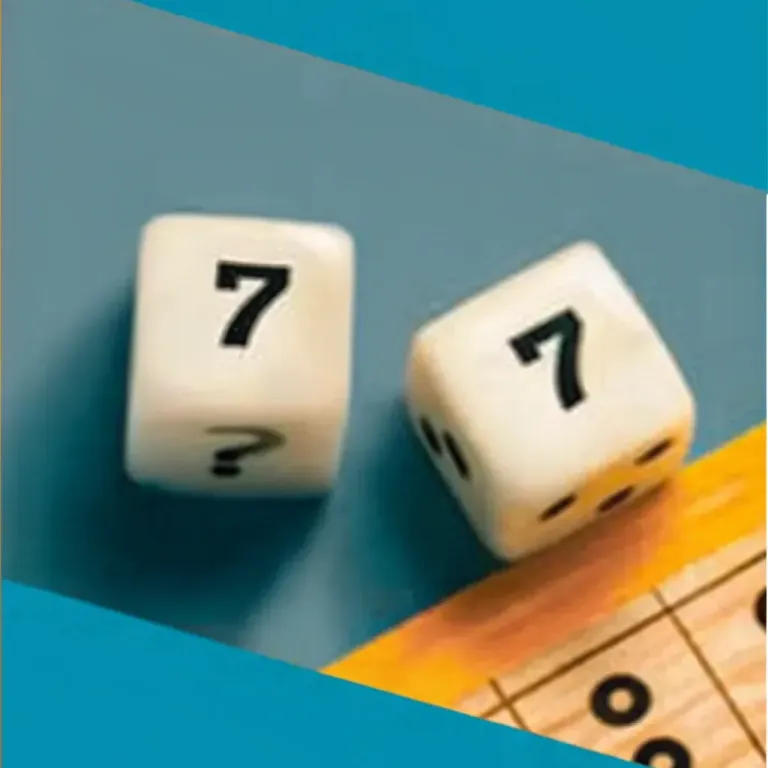
Smart Bets: Ditch "Good" vs "Bad"
Podcast by MBA in 5 with Roger
Making Smarter Decisions When You Don’t Have All the Facts
Smart Bets: Ditch "Good" vs "Bad"
Roger: Ever kick yourself for a decision that went sideways, even though it felt right at the time? Or maybe taken full credit for a win that, let's be honest, had a healthy dose of luck involved? How do we get better at judging our choices when the results can be so misleading? Roger: The core idea from Annie Duke’s "Thinking in Bets" is this: you absolutely must separate how you judge a decision's quality from its outcome. Life isn't chess, with perfect information where the best move always wins. It's poker – a game of incomplete information, probabilities, and chance. Treating decisions like bets, acknowledging uncertainty, is crucial. The one thing to remember? Your decision process can be brilliant even if the outcome stinks, and terrible even if you luck into success. Don't get fooled by results alone; focus on the quality of the bet you made with the information you had. Roger: So, how do we avoid getting tricked by outcomes? We first need to recognize a trap Duke calls "resulting." That's our default mode: good outcome equals good decision, bad outcome equals bad decision. Think of Seattle Seahawks coach Pete Carroll’s infamous Super Bowl pass call. Bad outcome (interception), so instantly labeled a terrible decision. But was it, based on the probabilities before the snap? Resulting, combined with hindsight bias – that "I knew it all along" feeling after the fact – kills our ability to learn. We also suffer from self-serving bias, crediting skill for wins and blaming bad luck for losses. Roger: To fight this, Duke offers practical strategies. A key lesson involves embracing probabilistic thinking. Stop seeing things in black and white. Instead, express your confidence as a percentage. How sure are you? 70%? 85%? This forces you to acknowledge uncertainty and makes it easier to update your beliefs as new information arrives. It also means getting comfortable saying "I'm not sure," viewing it not as weakness, but as intellectual honesty. Roger: Another powerful technique is mental time travel. Our brains often prioritize the short term. To counter this, project yourself forward. Ask: how might my future self feel about this decision in 10 minutes? 10 months? 10 years? This helps align today's choices with long-term goals. You can also try a "premortem": imagine your decision has already failed spectacularly. Why? Working backward from hypothetical failure reveals risks you might otherwise miss. Roger: Finally, don't go it alone. Our biases run deep. Duke advocates for creating "decision pods" – trusted circles focused on truth-seeking, not ego-stroking. Surround yourself with people who will challenge your reasoning respectfully and encourage dissent. Actively look for perspectives that differ from yours. This structured skepticism stress-tests your thinking before you commit to a bet. Roger: Why is "Thinking in Bets" a must-read? Because it provides a clear, actionable framework to sharpen your judgment in the face of uncertainty, reduce regret, and learn far more effectively from every experience, win or lose. It shifts your focus from the often uncontrollable outcome to the controllable quality of your decision-making process. Roger: Here’s your action step: The next time you evaluate a past decision – yours or someone else’s – consciously ask: "Setting aside the outcome, was the process sound based on the information and probabilities known at that time?" Practice separating the decision from the result. Roger: That’s your MBA in 5. I’m Roger. Go make smarter bets.




